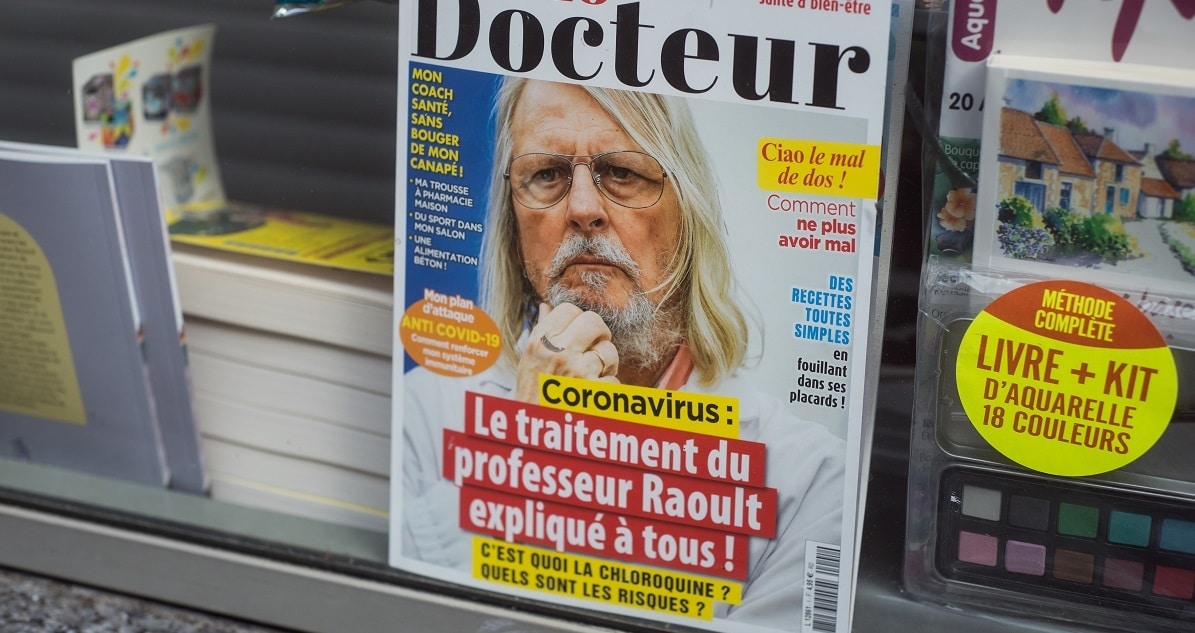
Why Trust Dr Didier Raoult? New PERITIA Research Article
A paper published in Social Epistemology last week by PERITIA researchers Ty Branch, Gloria Origgi and Tiffany Morisseau examines the rise to fame of Dr Didier Raoult, a French microbiologist, and his claims regarding the effectiveness of hydroxychloroquine as a treatment for Covid-19.
By outlining the chain of events that led to these claims and analysing the public discourse on expertise that unfolded around them, the authors identify what they call ‘social indicators of trust’. They find that social indicators such as status, epistemic authority, influence and values contributed to Dr Raoult’s reputation as a trustworthy scientist.
Their analysis highlights how challenging it is to determine which experts to trust, especially when operating with a high degree of uncertainty and urgency, as well as dissonant information which “fostered controversy in public discourse and encouraged an appeal to a wide range of social indicators of trustworthiness.” It carefully depicts how people tend to “trust in experts like scientist-practitioners” and how they deserve understanding rather than admonishment for organising and filtering information through social indicators of trust, especially in the context of a life threatening pandemic.
“Trust is never blind: it is a cognitive/motivational attitude that depends on our capacities to read the reputational cues around the expertise we are supposed to evaluate. It solicits our epistemic vigilance and makes us reason around the social information that is available.”
Branch, Origgi & Morisseau, 2022
The article concludes by offering some recommendations on how to improve the selection and evaluation of social indicators of trust.
For an open access version of the article click here. You can also browse our website for more PERITIA research articles and other outputs.
Picture Credit: Shutterstock


